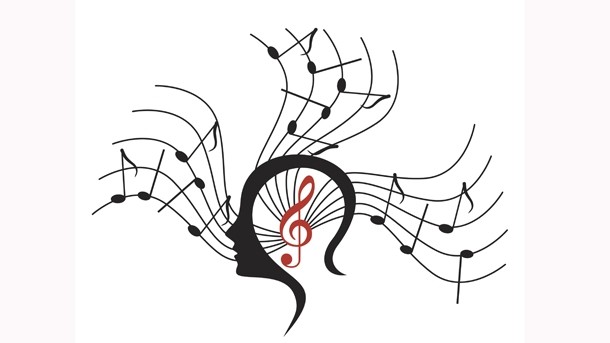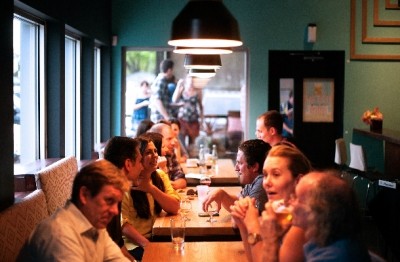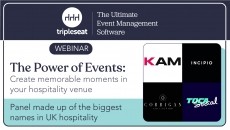ASK THE EXPERTS
How music can benefit your hospitality business

Use music to support your brand
Music has the ability to create positive associations that strongly contribute to a powerful and exemplary brand experience. The result can be customers who return more frequently, a visible increase in dwell time, and recommendations made to others which ultimately leads to an increase in revenue.
Successful brands have a distinct visual identity, stylised interiors and a website. These elements characterise and communicate who they are, who they aspire to be and what they stand for.
Similarly, forward thinking companies may also use music to communicate their brand identity to their customers. Therefore, it is hugely important that music also reflects you as a business and is relevant and entertaining to your target audience.
Treat music like an essential ingredient
Music can activate the pleasure and reward triggers in the brain. Although the brain in many ways is still a mystery to science, we know that many of the brain functions come into play when music is heard.
Music can give you a 'high'. The brain secretes dopamine when music is listened to, which is exactly what can happen when we taste a perfectly seared rump steak, slowly relish in an infused chili hit or, as we embark on the dessert we know we really shouldn’t have ordered.
Amazingly, the difference being, even though music is not linked to survival like food we are physically rewarded when listening to music we like.
Use music to create the right ambiance
Music can be an important competitive tool for business owners who want to offer consumers some added value. Music can set the scene, entertain and provide an element of privacy that compliments the intimate dinner table conversation.
Studies have shown that good music affects the environment and atmosphere so much that the perception of customer service and satisfaction is dramatically impacted. Think about the vibe during happy hour at the bar, or in the morning when travellers are checking-out or heading to their business meetings and how dynamic these periods are with the right sound.
The emotional investment during a hotel or dining experience can be as valuable as the product and service you are trying to sell. This is why music has had an on-going partnership with brands for many years in an attempt to create a rich, emotive relationship with audiences.
Ultimately, we are all looking to create a connection, one of comfort and familiarity, as this builds the customer relationships with your brand and makes it stronger.
How to use music in your business
The use of music has six fundamental considerations: Brand identity, energy levels, desired ambiance, customer demographics, time of day and region.
With this in mind follow these top tips:
- Be aware of your environment. The customer should never feel they are competing to be heard against background music.
- Think about what your local influences are and how they might affect music your choice. There maybe nearby venues or events that can earn you the pre/post destination of choice if you present a similar ambiance at the right time.
- Consider what your competitors are or are not doing. How can you differentiate? A forward-thinking music strategy can tie into future events, promotions, seasonal holidays and occasions, business showreels and digital/social initiatives.
- Get in outside help. The criteria for selecting music can be wide and varied specialist companies can develop bespoke playlists designed specifically for your venue and needs, with the music playlists crafted for different times and audiences. The benefits being minimal management, less repeats, and encourages continuity which sets a brand standard.
- Ensure its legal. While some venues opt to plug in iPods and use streaming services, care should be taken to ensure you have the correct licences in place, gaining permission from the performers and record companies to play their music. Playing music in a business will usually require a music licence from both PPL and PRS for Music, which covers the permissions needed from those who have rights in the music. PPL collects and distributes licence fees for the use of recorded music on behalf of record companies and performers while PRS for Music collects and distributes licence fees for the use of musical compositions and lyrics on behalf of songwriters, composers and music publishers.
This article was written by Nick Chambers of PlayNetwork





















